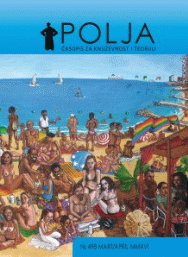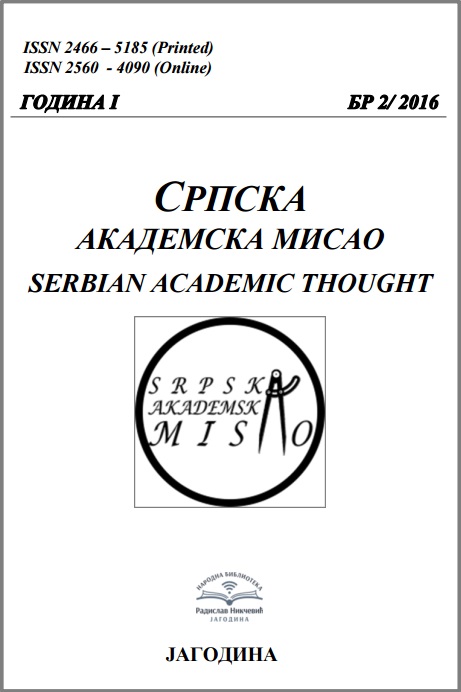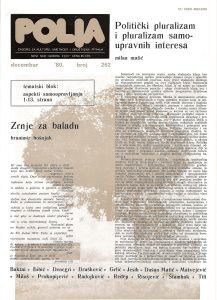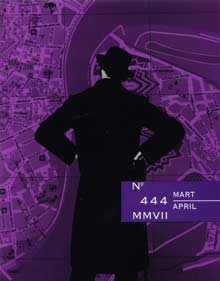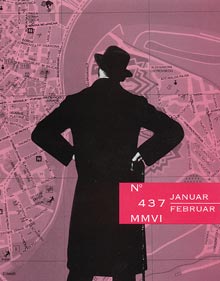ЈОВАН СТЕРИЈА ПОПОВИЋ − ЈЕДНА ПЕСМА, ЈЕДНО ГОРКО РОДОЉУБЉЕ
Author of this work talks about the song Elegy (Lament) on the field of Kosovo by Jovan Sterija Popović, which is a representative and contemporary thematic for many reasons. The poetic speech of Sterija is always made by deeply considered synthesis, from traditional paintings and thoughts of aknowledged and known validity. By this, he achieves the impersonal and universal objectiviy of each statement. The work analyzes Sterija’s poetic process as well as historisophical settings and ethicosophical messages of his Kosovo lament.
More...
